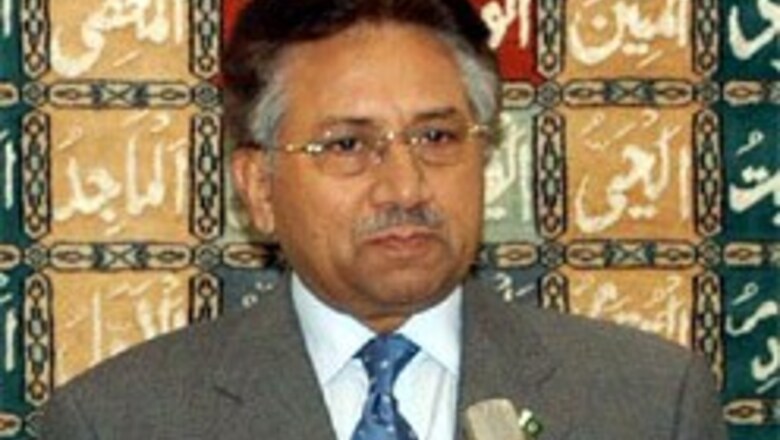
views
Karachi: A Transparency International (TI) survey has revealed that petty corruption is a Rs 45 billion industry in Pakistan.
In its latest report titled “Pakistan Corruption Perception Survey, 2006”, TI has said corruption and bribery had become so much a part of Pakistani society that it could be found in all sectors discussed in the survey.
“Assuming that there are 20 million households (eight persons per house) in the country, the average bribery expenditure is Rs 2.303 per household, almost Rs 45 billion, the cost of petty corruption at the lowest level,” the Daily Times quoted the survey report as saying.
The survey said Pakistan had witnessed 100 per cent increase in corruption during President General Pervez Musharraf’s presidency.
It said corruption ratio during General Musharraf’s tenure without Parliament was 32.69 per cent, which more than doubled to 67.31 per cent during his tenure with parliament.
TI officials Syed Adil Gilani, Saad Rashid and consultant Shamim Kazmi said the survey model was originally prepared in 2000 and was repeated along with a 24-page questionaire in April 2006, which was completed in July.
The survey was conducted with 4,000 respondents in nine cities - Rawalpindi, Taxila and Faisalabad, Karachi, Thatta and Hyderabad, Banu and Peshawar, Quetta and Pishin.
The findings revealed that people considered the police, power, judiciary and land as the most corrupt departments.
Taxation, customs and health, on the other hand were few of the departments that had shown some improvement.
Respondents however, said that the present district government system was a better system compared to earlier system, adding the present privitization policy would minimize corruption in government-run institutions.
The survey further revealed that people believed lack of accountability, low salaries of government employees and discretionary powers of government authorities as the three main reasons for corruption.
They felt that accountability, adequate salaries and a speedy judicial process were its only antidote.




















Comments
0 comment